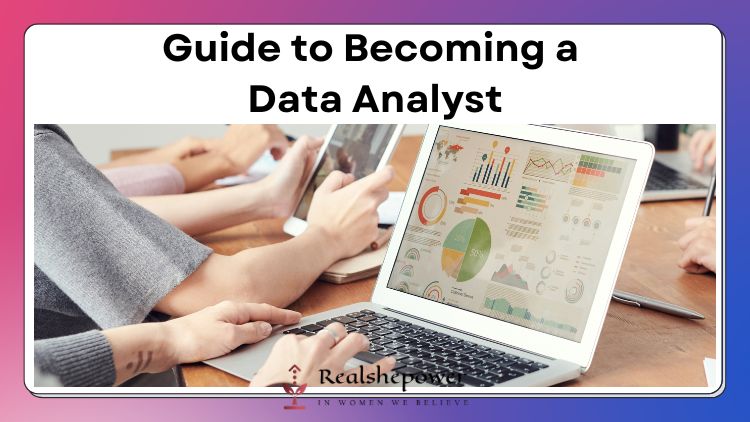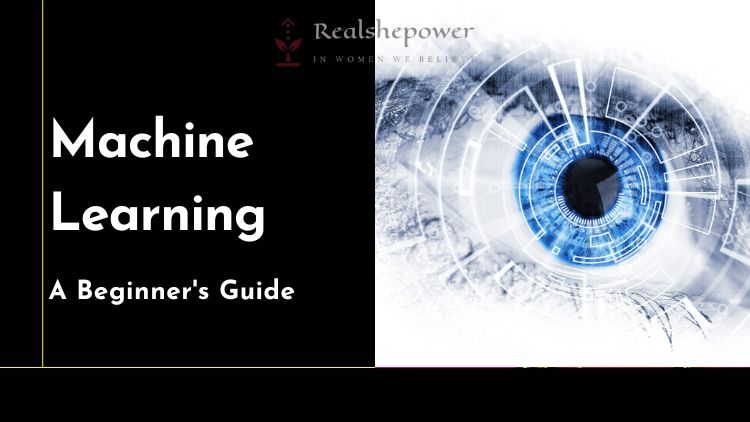How to Become a Data Analyst: A Comprehensive Guide for a Successful Career


As companies become increasingly reliant on data, the demand for skilled data analysts continues to grow. Data analysts are responsible for collecting, processing, and analyzing large sets of data to help organizations make informed business decisions. If you’re interested in pursuing a career in data analysis, here’s what you need to know.
Table of Contents
What does a data analyst do?
A data analyst is responsible for analyzing large datasets, identifying patterns, and making informed decisions based on the data. They work with data visualization tools to present their findings to business stakeholders, helping them understand the insights and make data-driven decisions. They also work closely with data scientists to create models and algorithms to analyze data.
How to Become a Data Analyst?
1. Develop Key Skills
To become a successful data analyst, you’ll need a strong foundation in data analytics, statistics, and programming. Additionally, you’ll need to be able to communicate complex data insights to non-technical stakeholders. Some key skills to develop include:
- Data analysis: You should have strong analytical skills to extract insights from large datasets.
- Mathematics: You should be comfortable with statistics, probability, and linear algebra.
- Programming: You should have a basic understanding of programming languages like Python or R.
- Data visualization: You should be able to create meaningful visualizations to present your findings to non-technical stakeholders.
- Communication: You should have strong communication skills to explain your findings to business stakeholders.
- Problem-solving: You should have the ability to identify problems and provide solutions based on data analysis.
2. Obtain the Necessary Education
Most data analyst positions require at least a bachelor’s degree in a related field such as statistics, computer science, or mathematics. However, some employers may prefer or require a master’s degree in a related field. Completing online courses, obtaining certifications, or pursuing a master’s degree can help you gain a competitive edge in the job market.
Necessary certifications that can boost your resume:
- IBM Data Science Professional Certificate: This certification covers data analysis, data visualization, and machine learning.
- Microsoft Certified: Azure Data Scientist Associate: This certification is for data scientists who work with Microsoft Azure.
- Cloudera Certified: Data Analyst: This certification focuses on big data and Hadoop ecosystem.
3. Gain Hands-on Experience
To stand out in the job market, it’s crucial to gain hands-on experience. Consider looking for internships, part-time jobs, or entry-level positions in data analysis to build your experience. You can also participate in data analysis competitions, contribute to open-source data analysis projects, or attend industry conferences to expand your knowledge and network with professionals in the field.
4. Start Your Job Search
When you’re ready to start your job search, look for entry-level data analyst positions at companies that interest you. Consulting firms, government agencies, startups, and large corporations all hire data analysts. Joining a consulting firm that specializes in data analysis or working for a government agency that uses data analysis for research or policy-making can provide valuable experience.
Job outlooks:
According to the US Bureau of Labor Statistics, employment of computer and information research scientists, which includes data analysts, is projected to grow 15 percent from 2019 to 2029, much faster than the average for all occupations. The demand for data analysts is high across industries like healthcare, finance, retail, and technology.
Tips on building a strong resume:
To build a strong resume, you can:
- Highlight your data analysis skills, including programming languages and data visualization tools.
- Showcase your experience in data analysis, including any internships or projects you’ve worked on.
- Include any relevant certifications or training you’ve completed.
- Use keywords related to the job you’re applying for.
- Tailor your resume to the job description.
Tips for acing your interviews:
To ace your interviews, you can:
- Research the company and the role.
- Prepare for common data analyst interview questions.
- Showcase your problem-solving skills and experience in data analysis.
- Be prepared to explain any gaps in your resume.
- Show your enthusiasm for the role and the company.
How Much Do Data Analysts Make?
Data analysts can earn a wide range of salaries depending on their experience, education, location, and the industry they work in. According to data from the Bureau of Labor Statistics, the median annual salary for a data analyst in the United States was $62,450 as of May 2020. However, salaries for data analysts can range from around $45,000 per year for entry-level positions to over $120,000 per year for more experienced professionals.
Factors that can impact a data analyst’s salary include their level of education, certifications, and specialization in specific fields such as healthcare, finance, or marketing. Data analysts who hold a master’s degree or higher and those who have certifications in data analysis tools and techniques such as Tableau, SAS, or Python may earn higher salaries than those with just a bachelor’s degree and no certifications.
Location can also play a role in a data analyst’s salary. Data analysts working in metropolitan areas or in cities with a high cost of living may earn higher salaries than those working in rural areas or in smaller cities. Additionally, data analysts working for large corporations may earn higher salaries than those working for small businesses or nonprofit organizations.
Final Takeaway
As you embark on your journey to become a data analyst, stay curious, stay driven, and stay hungry for knowledge. The field of data analysis is constantly evolving, and the most successful data analysts are those who are willing to adapt, learn, and grow with the industry. Whether you’re just starting or looking to take your career to the next level, stay focused on your goals, and don’t be afraid to take risks and try new things.
With hard work, dedication, and a passion for data, you can become a successful data analyst and make a positive impact on the world. So take the first step today, and start building the skills, education, and experience you need to thrive in this exciting and dynamic field.
Also Read: A Beginner’s Guide to AI-driven Solutions

You can now write for RSP Magazine and be a part of the community. Share your stories and opinions with us here.
